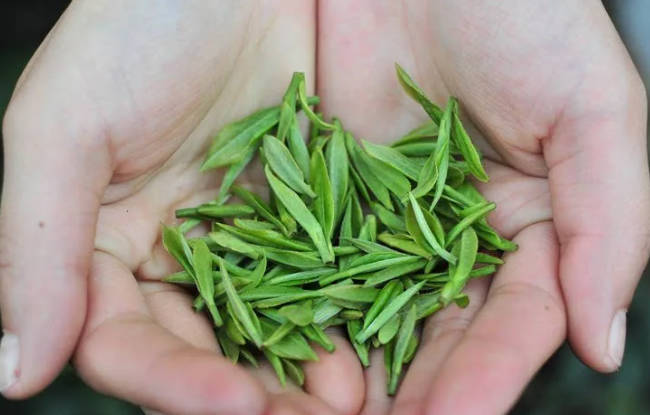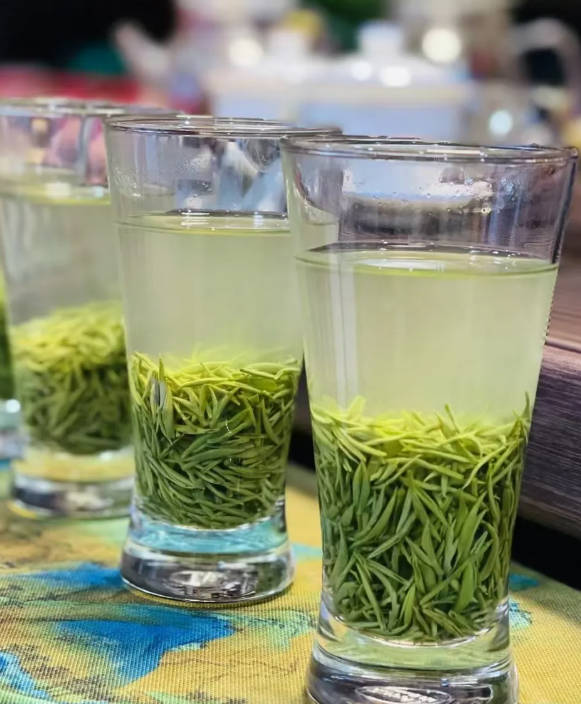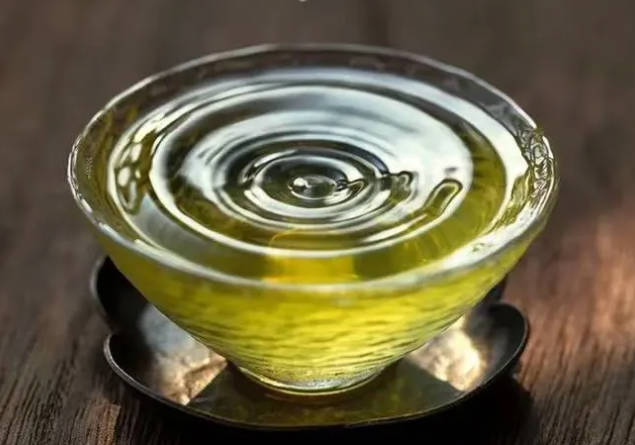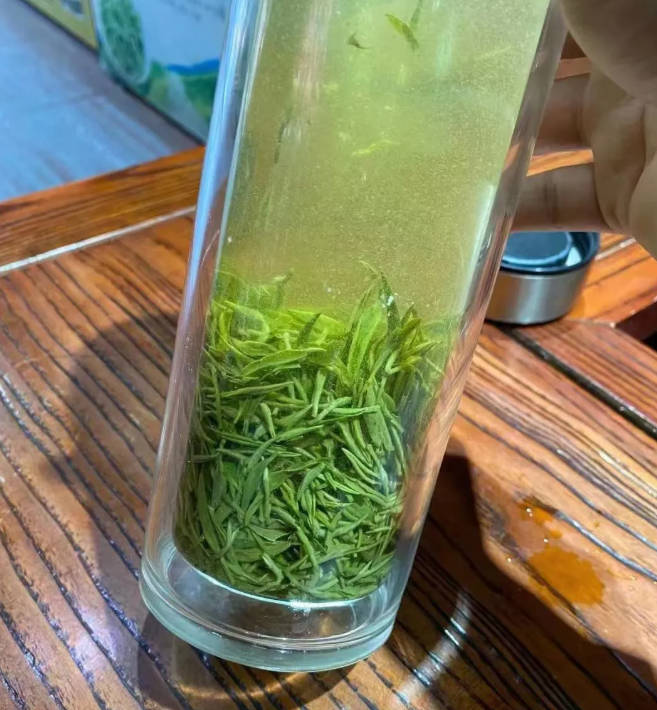Xinyang Maojian Tea: Clear vs Cloudy Debate Explained
Xinyang Maojian is a famous tea from Henan Province with a long history. Lu Yu, the Tea Sage of the Tang Dynasty, praised it in his book The Classic of Tea, saying, “Teas from Huainan, with Guangzhou (now Xinyang) being the best.” Su Shi of the Song Dynasty also believed that “among teas from Huainan, Xinyang is the best.”
In 2017, in the selection of China’s top ten tea brands, Xinyang Maojian ranked second, with a brand value of 5.991 billion yuan, only 9 million yuan less than the first-place Pu’er tea, demonstrating its popularity.

Controversy: Is cloudy tea soup better or clear tea soup better?
There has always been debate about the quality of Xinyang Maojian:
- The “slightly cloudy” school: They believe that cloudy tea soup indicates tender leaves and abundant tea hairs.
- The “rich aroma” school: They believe that good tea should have “clear soup color, intense aroma, and rich taste,” and cloudy tea soup may indicate issues with the processing method.
National Standards and Expert Opinions
According to the national standard (GB/T22737-2008), the tea soup color of high-quality Xinyang Maojian (Premium, Special Grade, Grade 1) should be “tender green and bright.”

A Xinyang tea-making master stated: The tea soup color of good tea should be clear and bright. Cloudy tea soup is typically associated with mechanized production, primarily due to two reasons:
- Excessive rolling: During machine-made tea production, to achieve smaller dry tea leaves, high-pressure rolling damages tea cells, causing tea juice to leak out, resulting in cloudy tea liquor after brewing.
- Improper frying: During low-temperature, prolonged frying, substances on the tea leaves’ surface dry and harden, easily causing cloudiness when brewed.
Does brewing temperature affect tea liquor clarity?
Some suggest using 80°C water to avoid cloudiness, but experts argue that truly high-quality tea will not become cloudy even when brewed at high temperatures. Cloudiness is more a result of processing issues than brewing methods.
Handmade tea vs. machine-made tea
- Handmade tea: Clear broth color, higher quality, but lower yield, suitable for the high-end market.
- Machine-processed tea: High efficiency, meets mass market demand, but the tea broth may be more cloudy.
The mayor of Xinyang once compared it to the People’s Liberation Army: “Different units have different equipment, but they are all part of the revolutionary force. ‘Light and cloudy’ and ‘rich and aromatic’ are both Xinyang Maojian.”





